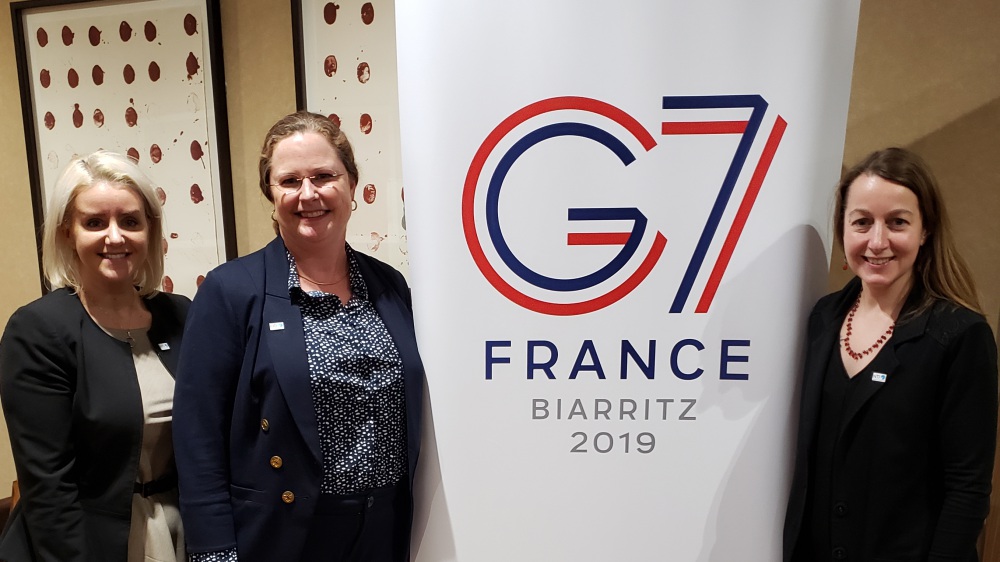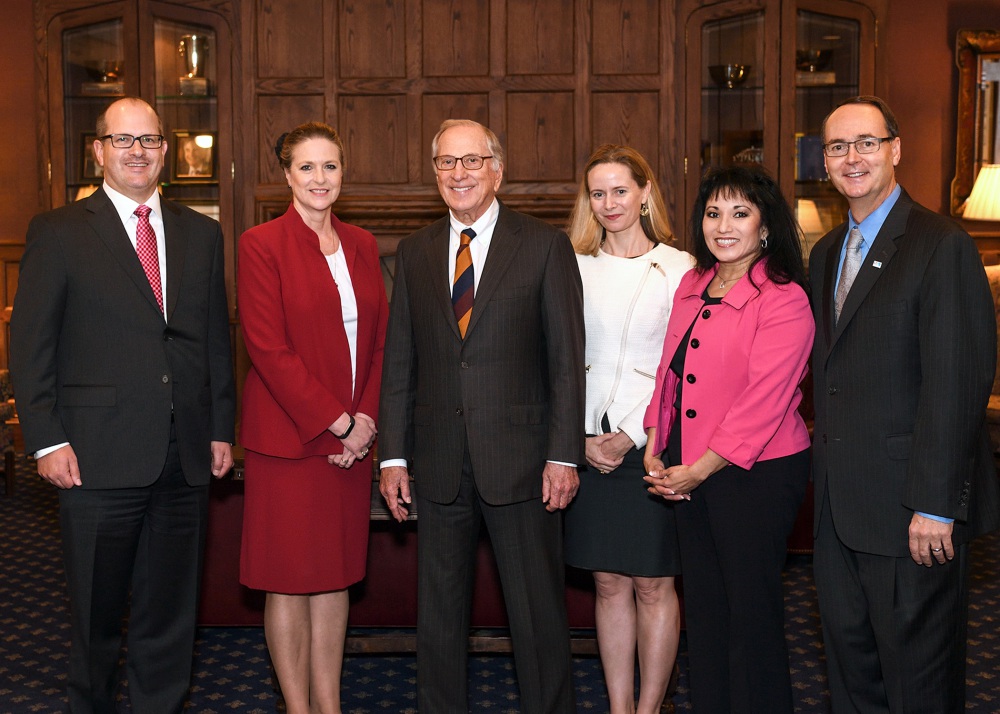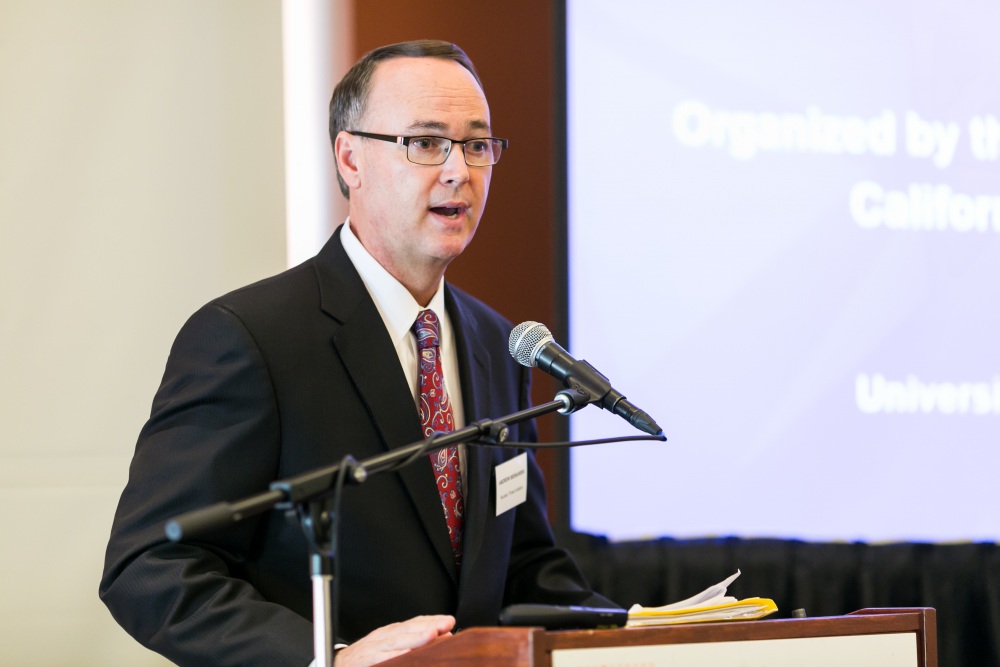
NTI Vice President Laura Holgate Highlights Continued Radiological Security Efforts at the Global Partnership

NTI Vice President Laura S.H. Holgate highlighted NTI’s
efforts to sustain progress securing and eliminating radiological sources
during a Feb. 7 presentation to the working group meeting of the Global
Partnership Against the Spread of Weapons of Materials of Mass Destruction (Global
Partnership) in Paris, France. In her remarks
to the Global Partnership’s Nuclear and Radiological Security Working Group,
Holgate also emphasized the need for global cooperation on radiological
security. “As the threat of radiological terrorism persists, cooperative and
inclusive engagement must remain a high priority for governments, industry, and
civil society – from the boardroom to the blood bank” she said.
NTI’s efforts include a new radiological
resources collection featured on NTI’s website and continued
engagement with regional partners on radiological security best practices, as
summarized the recent report, Sustainable
Security of Radioactive Sources in Central Asia.
The Global Partnership is an initiative between 30
countries, the European Union, and international organizations that work
together to prevent the proliferation of chemical, biological, radiological and
nuclear weapons, and related materials.
Stay Informed
Sign up for our newsletter to get the latest on nuclear and biological threats.
More News

NTI teams up with Emory University to Address Radiological Risks in Atlanta
NTI and Emory University hosted a workshop in Georgia on radiological security which included representatives from the CDC, the NNSA, the FBI, and others.

New Video Resources Available: Addressing Radiological Risks Associated with Cesium-137 Blood Irradiators
A Pacific Northwest National Laboratory video series addresses the risk of high-activity radioactive material used in hospitals, specifically cesium-137 blood irradiators.

NTI Partners with New York City on First-of-its-Kind, Citywide Approach to Remove Radiological “Dirty Bomb” Risks
The DOHMH announced an innovative program to replace high-activity radiological sources which will significantly reduce the risk of a radiological “dirty bomb.”

